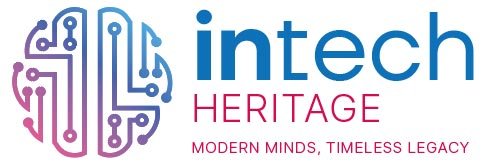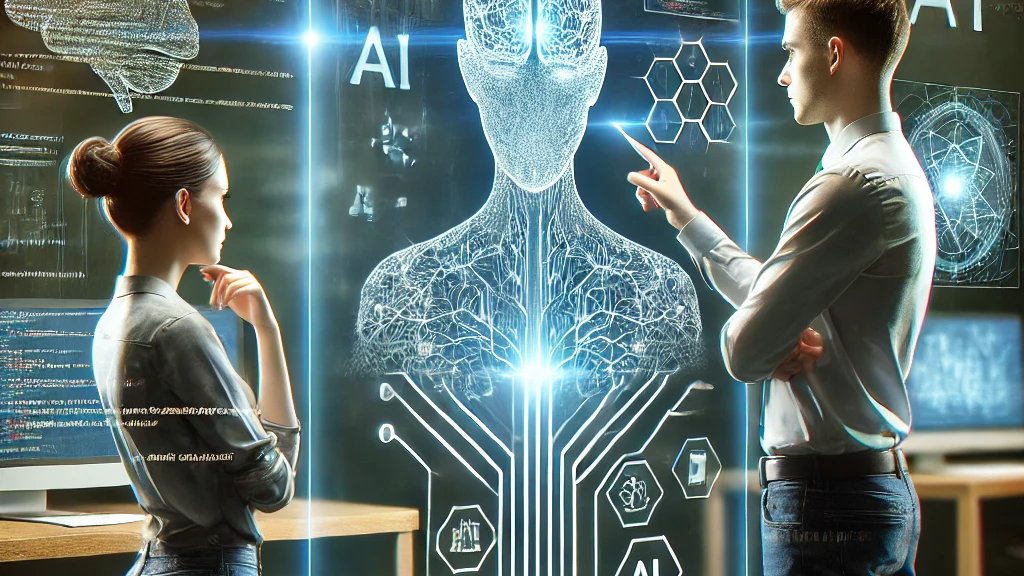In the fast-paced world of software development, traditional technical interviews are becoming outdated. It’s essential for companies and recruiters to reevaluate their methods for identifying and attracting talent in a constantly evolving field.
Traditional technical interviews often feel more like a memory test than a practical assessment of real skills. This approach presents several problems:
- Disconnect with the real work environment: In day-to-day tasks, developers rely on online resources and collaborative tools.
- Bias towards memorization: It favors those with good short-term memory over those with practical skills and experience.
- Lack of adaptability assessment: It doesn’t measure the ability to learn and adapt quickly, crucial in a rapidly changing sector.
Technical interviews are no longer useful, and forcing candidates to go through them is a waste of time. The role of a developer has always been about innovation and understanding what the user wants. The programming language has never been the most important part of the job; all languages share the same fundamental concepts like ‘if’ and ‘while,’ and they allow complex ideas to be represented in a simplified way. However, many developers seem unaware of the shift in their profession. Consulting firms also share part of the blame by focusing only on the short term without considering how AI is transforming the industry.
The Impact of AI
Artificial intelligence is revolutionizing software development. According to several CEOs of large tech companies, future generations may not need to learn programming in the traditional way. AI is taking over many coding tasks, changing the skills most in demand for developers. It is already a great help, and in the future, this will only increase; if we continue on this path, in two years, there may be little to no need for programming.
AI is not only optimizing development, but it’s also introducing new tools that allow developers to focus on higher-value tasks. With the rise of platforms like GitHub Copilot, ChatGPT, and Cursor, repetitive coding is being automated, enabling developers to concentrate on solving more complex problems and designing better user experiences. This means that programming skills as we know them today are shifting toward skills in collaborating with AI, interpreting problems, and applying solutions on a large scale.
Moreover, AI is opening new doors in software integration. Processes like debugging, quality testing, and code optimization are being enhanced by advanced machine learning algorithms, leading to more efficient development with fewer errors. Instead of focusing solely on code, today’s developers must adapt and learn to work with AI-driven systems that can analyze millions of lines of code in minutes and suggest improvements.
Towards a New Paradigm of Interviews
To remain competitive, companies must adapt their selection processes to evaluate:
- Problem-solving: The ability to understand and effectively address challenges.
- Critical thinking: How candidates approach complex problems and make informed decisions.
- Adaptability: The ability to quickly learn and adopt new technologies and methodologies.
- Collaboration with AI: Proficiency in working with AI tools to boost productivity.
- Focus on soft skills: Assessing communication, collaboration, and teamwork, which are essential in an increasingly interdisciplinary environment.
- Innovation: Evaluating the candidate’s ability to propose new ideas and improve existing processes, which is crucial for adapting to rapid technological advancement.
A selection process should focus on understanding how candidates approach and solve problems, evaluating their adaptability, creativity, and innovation. It’s crucial to observe how they handle uncertainty, generate new ideas, and apply critical thinking to solve complex situations. This analysis should focus more on candidates’ ability to learn, evolve, and contribute to constant improvement, rather than just their current technical knowledge.
The role of the developer is evolving beyond just writing code. Today, developers are expected to be problem solvers who can deeply understand business and user needs. They also need to integrate various technologies, coordinate with multidisciplinary teams, and work on continuous product improvement. AI has become an essential tool in this process, and developers must learn to leverage it to the fullest.
The focus is no longer just on “how” to program, but on “what” and “why” to program. This requires a mindset shift, where innovation, creativity, and empathy toward the end user play a crucial role. Companies that understand this will be better prepared to face future challenges and take advantage of AI’s potential in software development.
Conclusion
The future of software development is closely tied to artificial intelligence. Companies that adapt their interview processes to reflect this reality will be better positioned to attract and retain valuable talent. It’s the responsibility of recruiters to evolve their methods to identify not just technical knowledge, but also adaptability and innovation in a rapidly transforming technological landscape.
It’s time for the industry to take a step forward and redefine what it means to be a competent developer in the age of AI. By modernizing technical interviews, we will not only improve our selection processes but also position ourselves as leaders in adopting innovative practices in software development. AI will not replace developers, but it will radically change the way they work, opening new possibilities and increasing the impact developers can have on the world.

